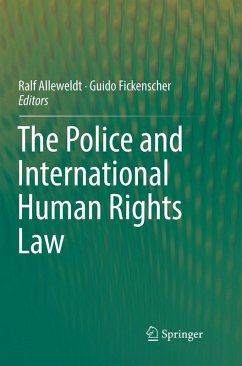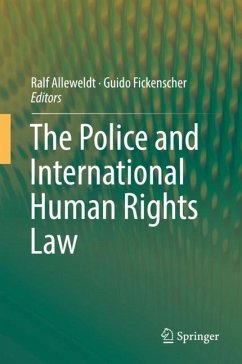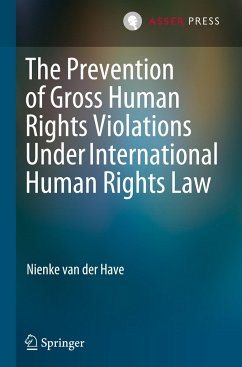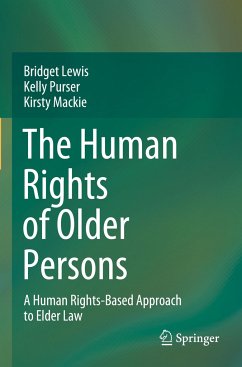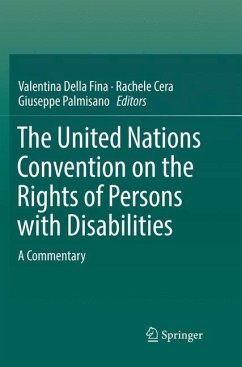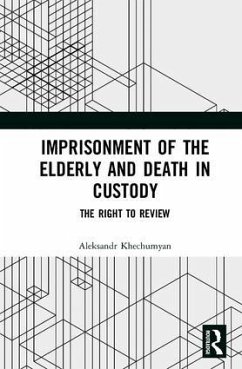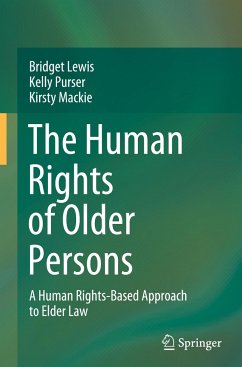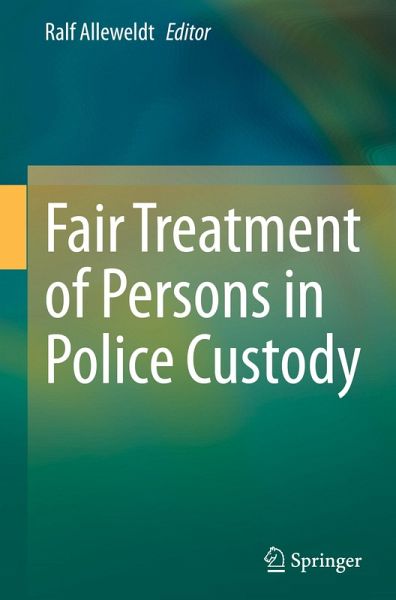
Fair Treatment of Persons in Police Custody

PAYBACK Punkte
57 °P sammeln!
This book analyses and evaluates the international efforts to ensure the fair and human treatment of persons in police custody. Respecting the dignity of all detained persons, and in particular preventing torture, is a key issue of international human rights protection.The authors explore various approaches to tackle this issue, including the introduction of investigative, non-coercive interviewing techniques as well as the implementation of fundamental safeguards such as the access to a lawyer and a doctor. Supported by case studies, they describe the special role of national preventive mecha...
This book analyses and evaluates the international efforts to ensure the fair and human treatment of persons in police custody. Respecting the dignity of all detained persons, and in particular preventing torture, is a key issue of international human rights protection.
The authors explore various approaches to tackle this issue, including the introduction of investigative, non-coercive interviewing techniques as well as the implementation of fundamental safeguards such as the access to a lawyer and a doctor. Supported by case studies, they describe the special role of national preventive mechanisms and the efforts to improve the treatment of detainees in the context of capacity building activities. Police components of international peace missions face special legal and practical human rights challenges. Authors also ask how the positive potentials and strengths within police organisations could be mobilised for realising human rights, and, last but not least, they seek to assess the prospects of how fair treatment of persons in police custody may be ensured in the future effectively.
The authors explore various approaches to tackle this issue, including the introduction of investigative, non-coercive interviewing techniques as well as the implementation of fundamental safeguards such as the access to a lawyer and a doctor. Supported by case studies, they describe the special role of national preventive mechanisms and the efforts to improve the treatment of detainees in the context of capacity building activities. Police components of international peace missions face special legal and practical human rights challenges. Authors also ask how the positive potentials and strengths within police organisations could be mobilised for realising human rights, and, last but not least, they seek to assess the prospects of how fair treatment of persons in police custody may be ensured in the future effectively.



